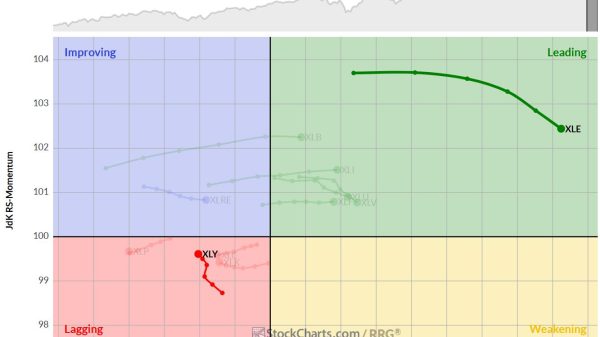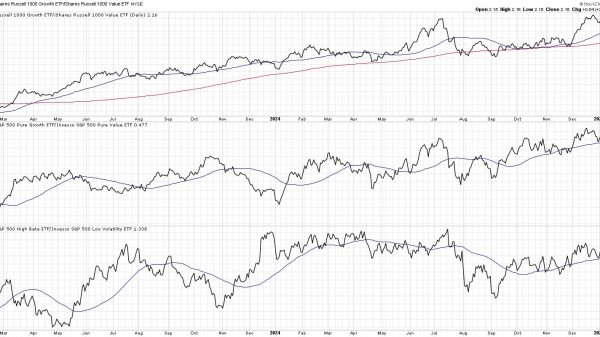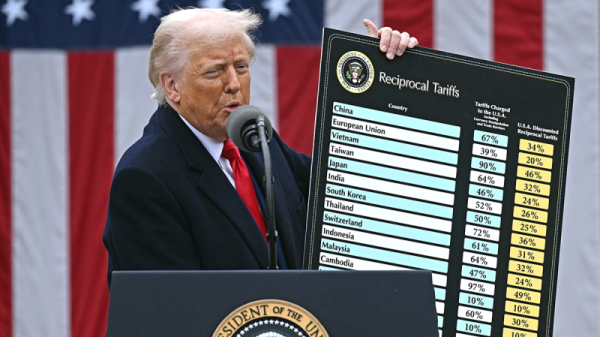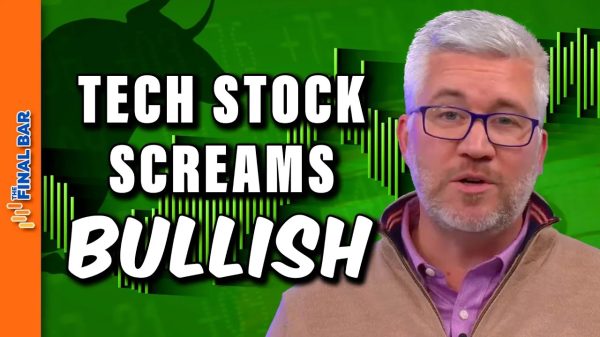“Slumming it” is a slang expression describing the practice of young people from families of means visiting (or temporarily living in) impoverished areas to experience lifestyles foreign to their upbringing. The practice is often deemed exploitative, the expression offensive. Still, it may well be that slumming it (pardon the historical expression) played an important role in making the world rich.
Economic historians have told and tested a great many tales of how the world got rich — or specifically, how innovation surged in about 1760 in England, then elsewhere, and never let up. In the last few decades, Deirdre McCloskey has promoted a compelling, qualitative origin story broadly subversive to these.
McCloskey’s story is one of ideas and perspectives. Before institutional protections could arise, England had to first find a way to overcome strong moral prejudices against profiteering lifestyles. England somehow did. The damnable pursuit of wealth — when squinting just right — became the courageous spirit of commerce by about 1700.
McCloskey’s epic effort is remarkable, but her “somehow” remains hazy. Dan Klein has admirably stepped up and suggested it may be found in Hugo Grotius’s philosophy of 1625. Grotius helped establish that commerce only had to be honest — not virtuous — to be acceptable. “Having a go” broke wide open.
I would like to suggest a different origin. Instead of philosophical tomes, it may have been salacious plays and vulgar urban dictionaries — a pop culture from the same era which derived from slumming it around London’s hawkers, slop sellers, and bunters.
A Story of Two Journeys
Two types of immigrants to the rapidly growing city of London are the protagonists of this economic story, both arriving due to legal conundrums.
Primogeniture was conundrum number one. Primogeniture required inheritance to go primarily to the first born. By the 1590s, following a post-plague baby boom, the elite landowners had a surplus of cadets (the younger siblings). Many cadets had to leave the countryside and go to vicious London to try to make their way through education or apprenticeship.
Restrictions against vagrants and vagabonds was conundrum number two. Wandering theater troupes found their way of life in jeopardy so they came to set up permanent playhouses in metro London, the first occurring in 1576.
It is in England’s first “theatre district” (co-located with the marketplaces, alehouses, and brothels in the suburbs known as the Liberties) that our protagonists meet. The playwrights had to appeal to their given audience. They did so by writing tales of validation about this coterie of young cadets who were in the slums (and, yes, enjoying them) but who refused to be of the slums.
From Vicious to Gallant
These cadets were in a difficult social position. They yearned to return to the gentleman’s social status but to do so they needed to engage in those profiteering acts shunned by the gentleman. Playwrights came to their aid by portraying these young men as “Gallants.”
The Gallant was a new version of the traditional British outsider, the Trickster. Where Tricksters were deplorable in their carnal schemes, Gallants were appealing in their designs for love, honor, and money. They embodied their names of, say, Witgood and Possibility against lamentable elder elite such as Lucre and Hoard. More importantly, where prior Tricksters would be cast out when discovered, Gallants would always be forgiven and accepted into the social circle, their guile revalued as cleverness, their crimes as “human follies.”
For three decades, the “City Comedy” genre of the Gallant defined the London theater scene. Night after night it favorably recast the messy primordial stuff of McCloskey’s bourgeois virtues — ambition, opportunism, calculation, and the wily destruction which would in time become “creative destruction.” In addition, it authorized London’s “constant mingling of blood, class, and occupation” and deprecated its fuddy-duddy hierarchies and world views.
Whereas prominent men of science and letters, such as those in “Hartlib’s circle,” used reason to overcome mistrust of social change and experimentation, playwrights steered with what may have been the more powerful stuff of emotion, sympathy, and humor.
From Vulgar to Estimable
Evidence of this genre’s effect can be seen in the curiosity it created regarding the people of the slums and their slang — also known as cant, vulgar tongue, flash, and conny-catching. For the next two centuries, slang dictionaries became a popular purchase, a tantalizing sort of Fodor’s guidebook through the underbelly of London.
These dictionaries credibly assisted a cultural transformation. First slang became fashionable. Then the dictionaries and their prose spinoffs began to tentatively characterize slang as that of “the people,” then to associate it with the emergent concept of British liberty, then to relish in its British free-spirit (via what must rightly be called an early form of gonzo journalism).
That spirit, it turns out, was foremost the hustle for money — or, I should say, the raising wind for ribben, rhino, cole, colliander, crap, crop, spans, quidds, ready, lowre, balsam, plate, prey, gelt, iron, mulch, gingerbread, dust, and darby. (Not to mention curles, shavings, pairings, and nigs, of course.)
Nothing is more represented in this lexicon than the pursuit of money — from the old professions of bully backs, pot coverts, cutpursers, cole fencers, Covent Garden Nuns, Fidlam Bens, jarke-men, and Figgers, to the new ones of gullgropers, impost takers, sealers, sleeping partners, Grub-street writers, duffers, and stock jobbers.
By the eighteenth century, the great defenders of the market economy would make use of these familiar portraits of lowly markets — so prominent were these portraits in the public conscience. Bernard Mandeville would didactically assert that their private vices produced public benefits and, as an acerbic inversion, that the true speakers of criminal cant were traditional authorities. And Adam Smith would assert that the “higgling and bargaining of the market” was a natural and beneficial expression of a human propensity. We are all higglers; a philosophy of bourgeois equality had finally come into its own.
Conclusion
England, adhering to the Great Chain of Being, cast its detritus toward London. London cast back a provocative new pop culture. This pop culture helped society negotiate the ambiguity of hawker ethics and come to terms with the messiness of the emergent commercial order. It helped carefully determine where to cut Grotius’s honest commercial practices from unvirtuous cloth.
I propose, then, that the miracle of the modern economy owes as much to the accidental playhouse of 1576 as to the intentional jurisprudence of 1625 and the late-to-the-game Glorious Revolution in 1689. My proposal does not lend itself to a positivist research agenda, but I put it forward — in the spirit of Deirdre McCloskey — as a charge to read widely, explore deeply, and be willing to slum it a bit in the disciplines of others.
Modern capitalism has no virgin birth; of that one should be sure. And if it so happens that it received its just form, direction, and salvation through a slumming voyeurism, so be it. We would be strengthened in our defense of it to recognize how closely commerce once communed with sin and, in the minds of some, still does.

































